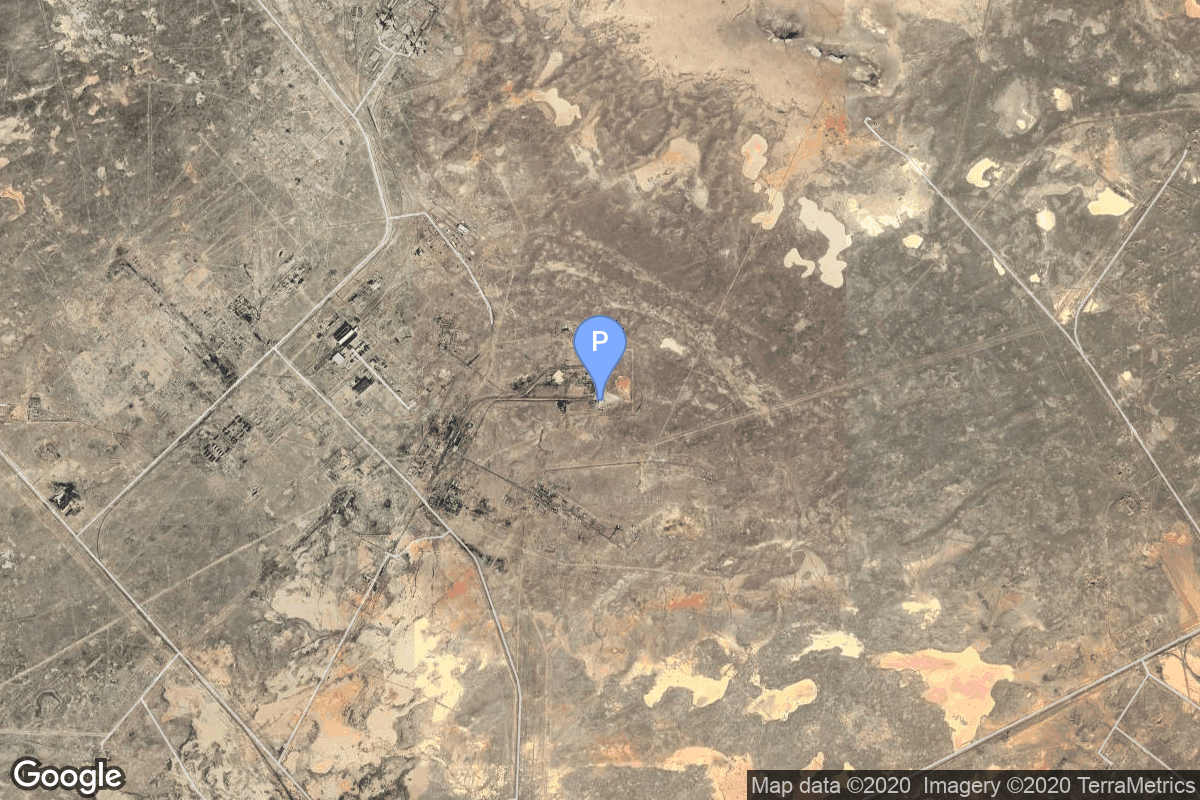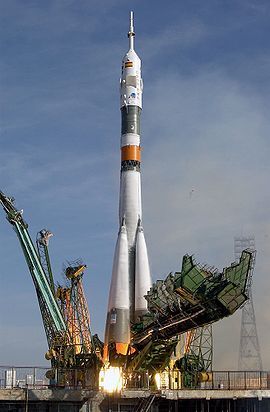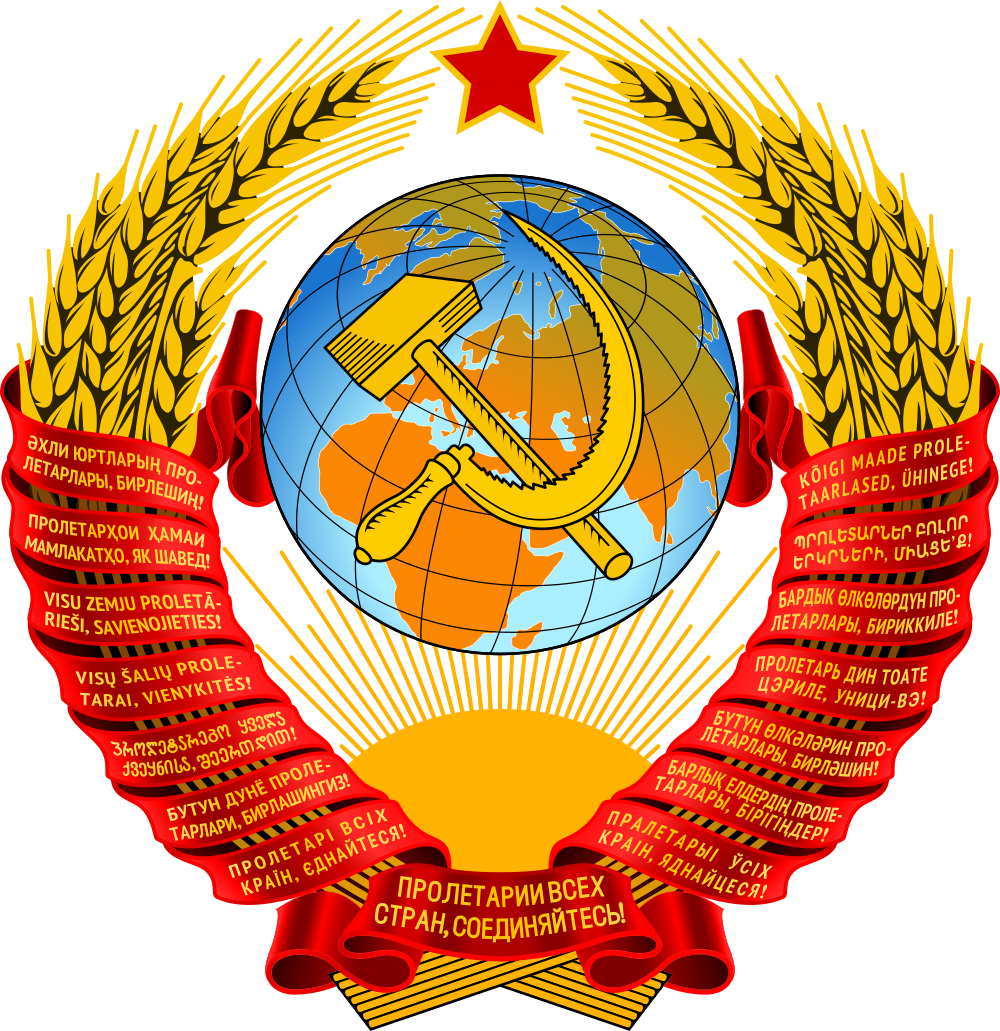Soyuz T-14
Soyuz-U2
Soviet Space Program
Crew
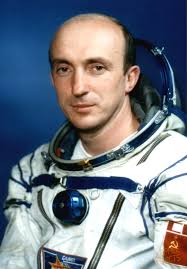
Vladimir Vasyutin
- Birthday: 03/08/1952
- Role: Commander
- Nationality: Russia
- First Flight: 09/17/1985
- Last Flight: 09/17/1985
Vladimir Vladimirovich Vasyutin (Russian:Влaдимиp Bлaдимиpoвич Васютин, born March 8, 1952, Kharkiv, Kha...
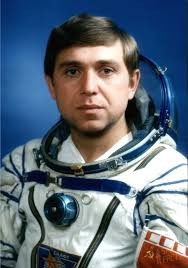
Aleksandr Aleksandrovich Volkov
- Birthday: 05/27/1948
- Role: Research Cosmonaut
- Nationality: Russia
- First Flight: 09/17/1985
- Last Flight: 10/02/1991
Aleksandr Aleksandrovich Volkov (Russian: Алекса́ндр Алекса́ндрович Во́лков, born 27 May 1948)...
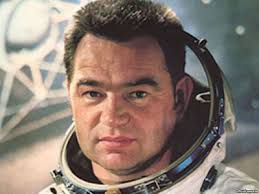
Georgy Grechko
- Birthday: 05/25/1931
- Role: Flight Engineer
- Nationality: Russia
- First Flight: 01/10/1975
- Last Flight: 09/17/1985
Georgy Mikhaylovich Grechko (Russian: Георгий Михайлович Гречко; 25 May 1931 – 8 April 2017) was a S...
Mission
Soyuz T-14
- Type: Human Exploration
- Orbit: Low Earth Orbit
Soyuz T-14 was the ninth mission to visit the Salyut 7 space station. The mission began on September 17, 1985, 12:38:52 UTC, launching Commander tVladimir Vasyutin, Flight Engineer Georgi Grechko and Research Cosmonaut Alexander Volkov into orbit. They docked with the station next day. During their stay on the station, cosmonauts assisted resident Soyuz T-13 crew with numerous repairs on the station. They also conducted some scientific experiments. Georgi Grechko returned to Earth early with the Soyuz T-13 crew member.
The mission concluded with a safe landing back on Earth on November 21, 1985, 10:31:00 UTC.
Location
1/5
Baikonur Cosmodrome, Republic of Kazakhstan
1/5 has witnessed the launch of 487 rockets, including 487 orbital launch attempts. While Baikonur Cosmodrome, Republic of Kazakhstan, has been the site for 1555 rocket launches.
The Baikonur Cosmodrome is a spaceport operated by Russia within Kazakhstan. Located in the Kazakh city of Baikonur, it is the largest operational space launch facility in terms of area. All Russian crewed spaceflights are launched from Baikonur.
Rocket
Soviet Space Program Soyuz-U2
The Soyuz-U2 was a Soviet, later Russian, carrier rocket. It was derived from the Soyuz-U, and a member of the R-7 family of rockets. It featured increased performance compared with the baseline Soyuz-U, due to the use of syntin propellant, as opposed to RP-1 paraffin, used on the Soyuz-U.
Agency
Soviet Space Program
The Soviet space program, was the national space program of the Union of Soviet Socialist Republics (USSR) actived from 1930s until disintegration of the Soviet Union in 1991.
The Soviet Union's space program was mainly based on the cosmonautic exploration of space and the development of the expandable launch vehicles, which had been split between many design bureaus competing against each other. Over its 60-years of history, the Russian program was responsible for a number of pioneering feats and accomplishments in the human space flight, including the first intercontinental ballistic missile (R-7), first satellite (Sputnik 1), first animal in Earth orbit (the dog Laika on Sputnik 2), first human in space and Earth orbit (cosmonaut Yuri Gagarin on Vostok 1), first woman in space and Earth orbit (cosmonaut Valentina Tereshkova on Vostok 6), first spacewalk (cosmonaut Alexei Leonov on Voskhod 2), first Moon impact (Luna 2), first image of the far side of the Moon (Luna 3) and unmanned lunar soft landing (Luna 9), first space rover (Lunokhod 1), first sample of lunar soil automatically extracted and brought to Earth (Luna 16), and first space station (Salyut 1). Further notable records included the first interplanetary probes: Venera 1 and Mars 1 to fly by Venus and Mars, respectively, Venera 3 and Mars 2 to impact the respective planet surface, and Venera 7 and Mars 3 to make soft landings on these planets.
